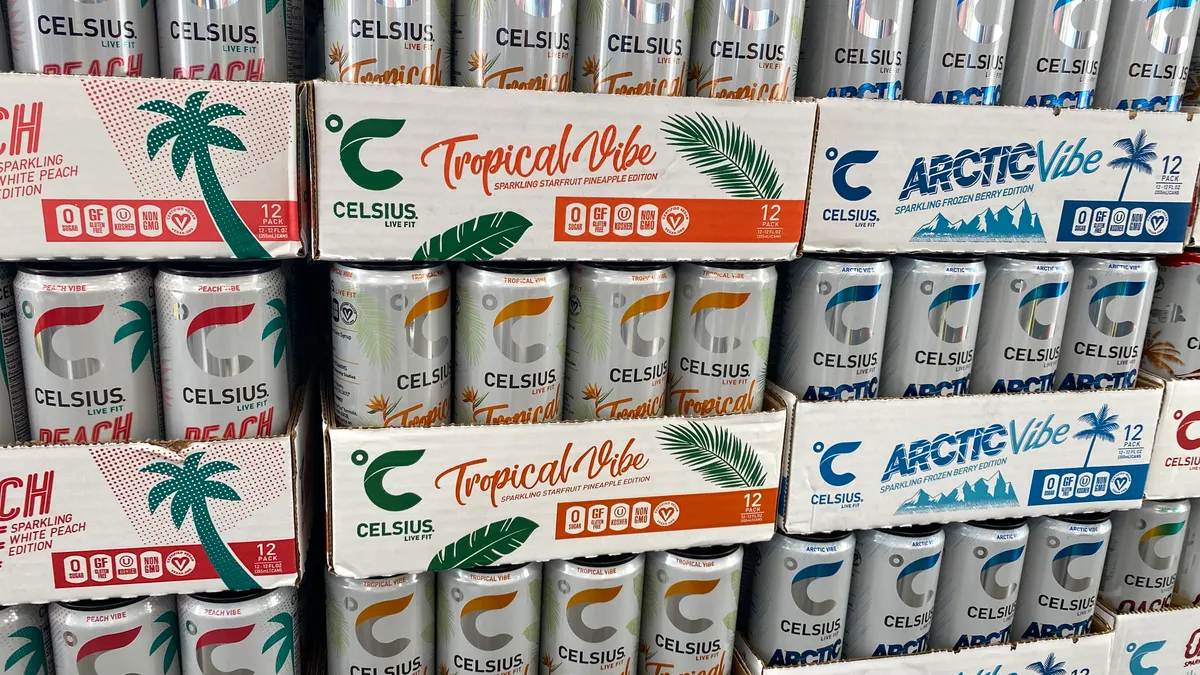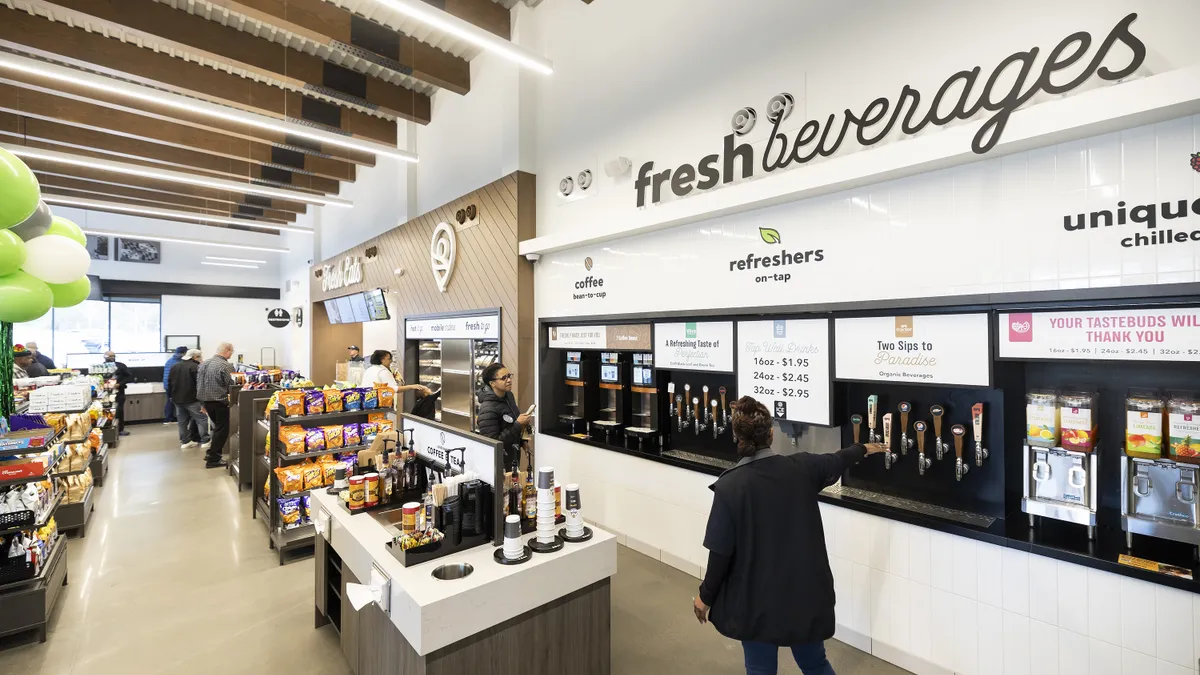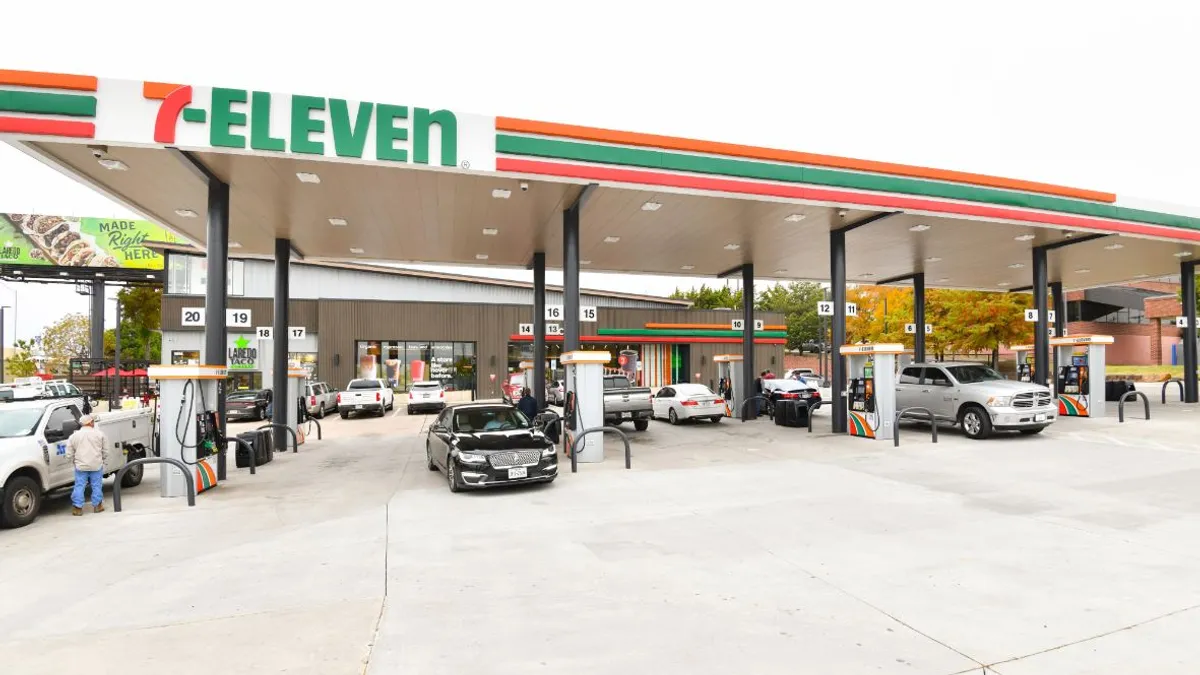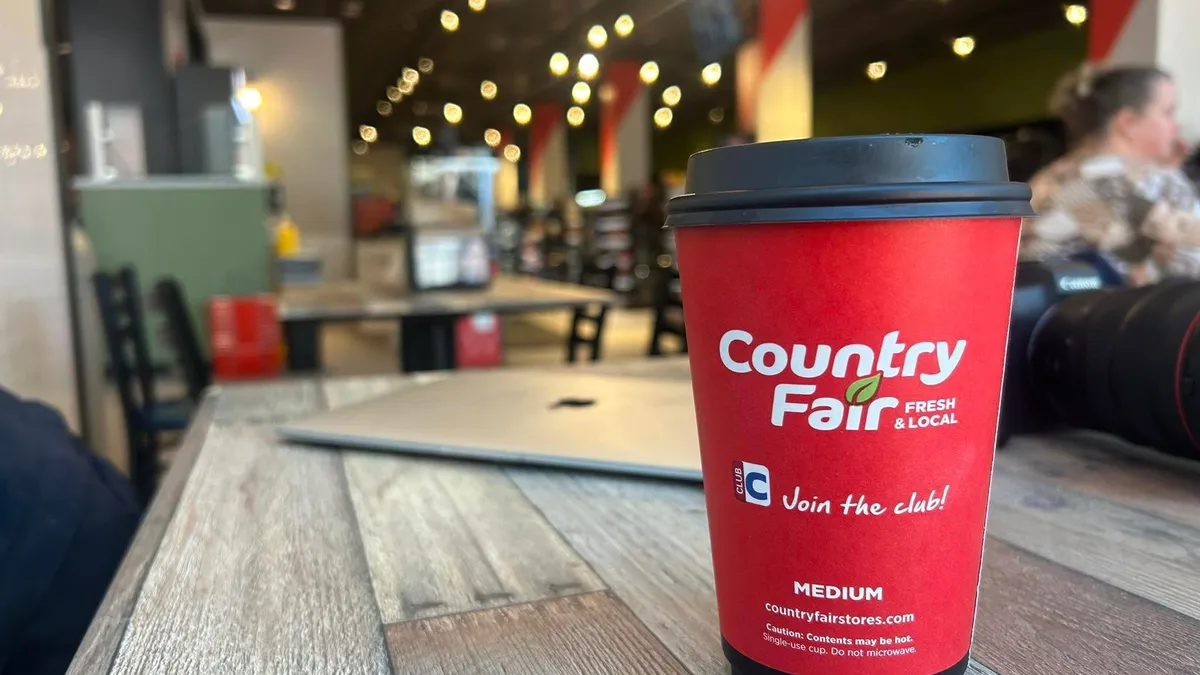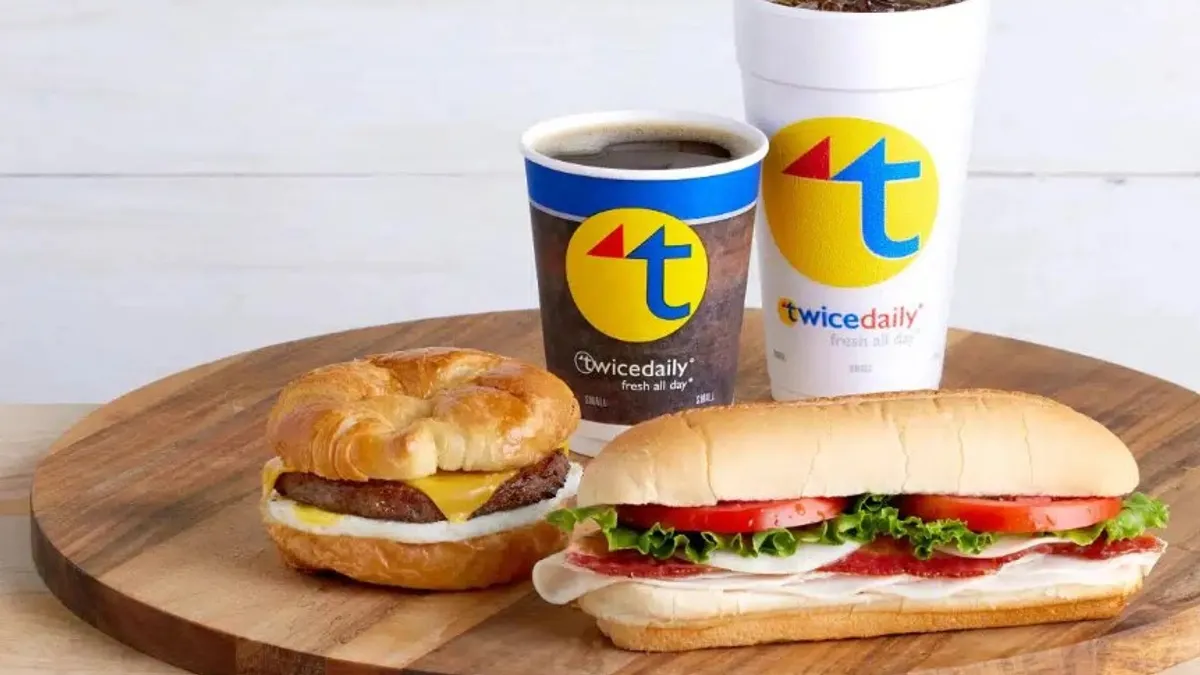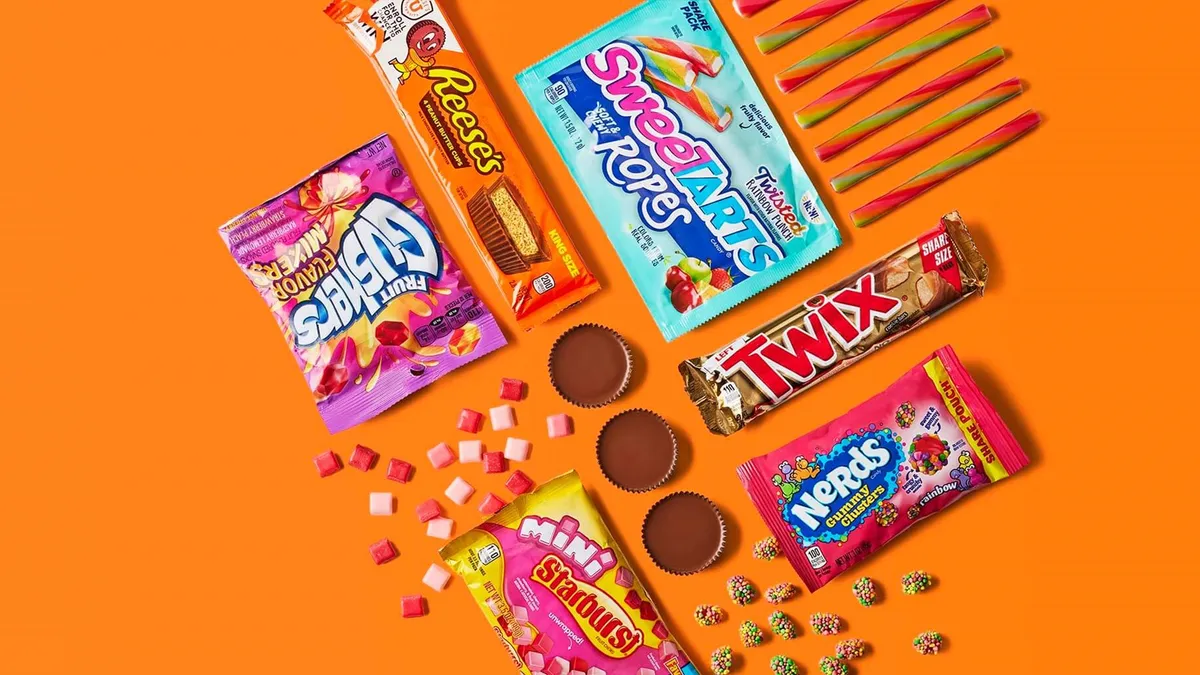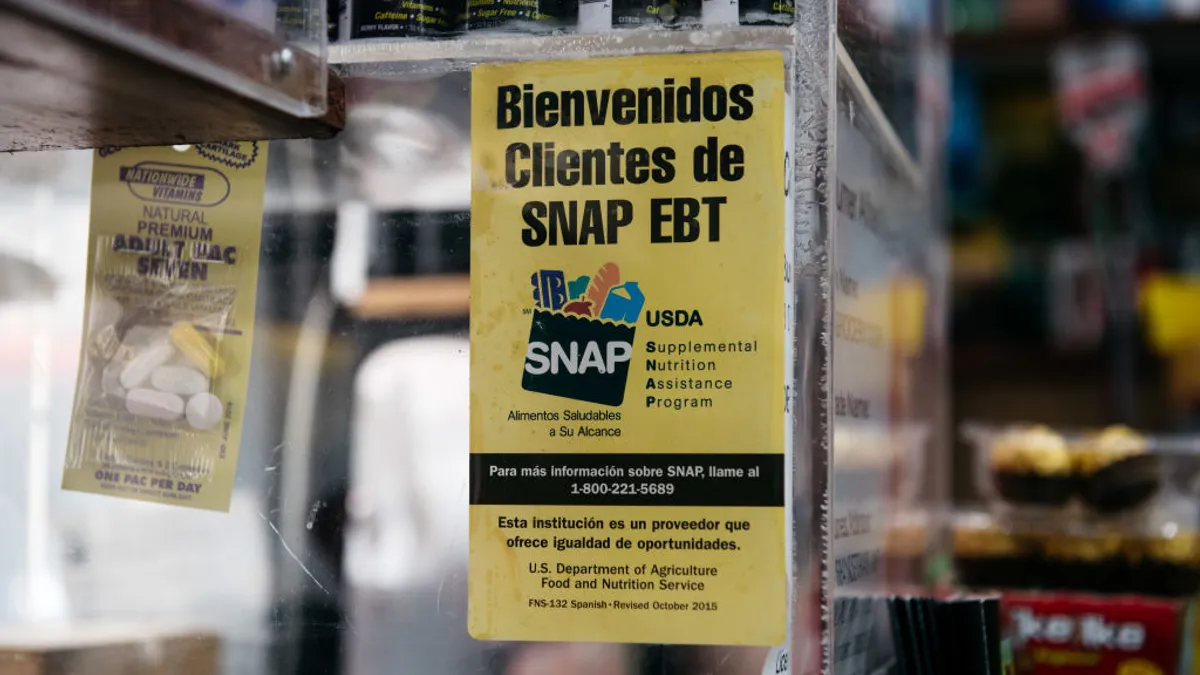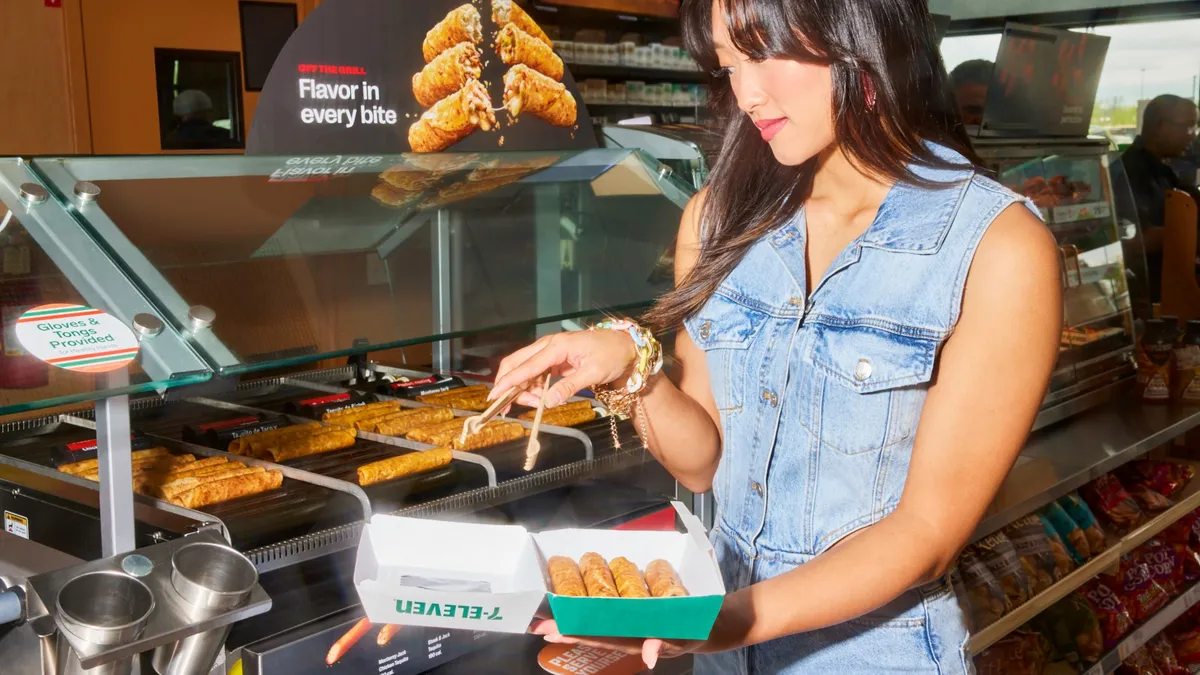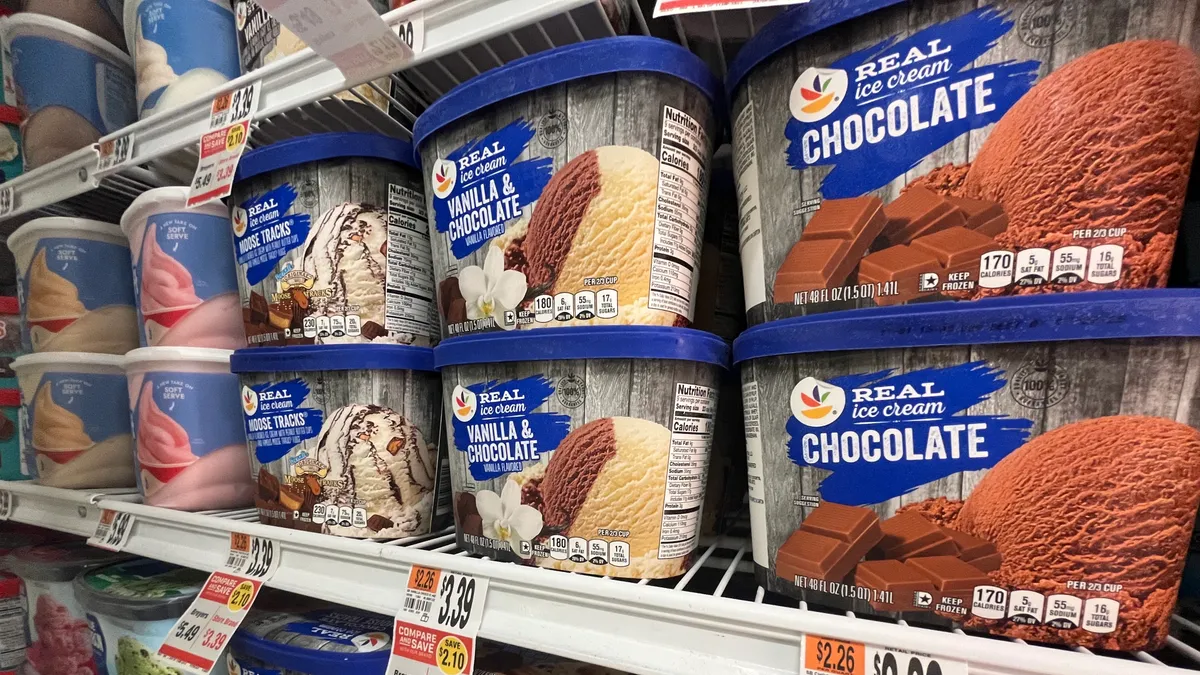Energy drink sales in convenience stores are on a tear, and c-store operators and beverage experts expect more of the same for the remainder of the year — although they are concerned about how anticipated price increases could impact demand.
Overall energy drink c-store sales surged 10.8% for the year ending May 19, according to Chicago-based research firm Circana. And while inflation of about 3% on average was part of the sales growth, energy drinks also saw unit sales grow 7.5%.
In the convenience channel, energy drink sales rose a healthy 7% in the first quarter of this year, according to a Goldman Sachs survey representing around 35,000 c-stores — a modest decline from the category’s Q4 growth.
However — likely reflecting consumers’ economic concerns this year — overall growth was more subdued for the 13 weeks ending May 19, with a 4.8% increase in sales and a 2.6% gain in units, according to Circana.
Energy drinks continue to avoid much of the pressure that inflation is putting on c-store food and beverage sales, said Sally Lyons Wyatt, global EVP & chief advisor of consumer goods and foodservice insights for Circana.
“That’s speaking to the multiple reasons consumers like energy drinks,” Lyons Wyatt said. “For people who are looking for that obvious pick me up…like people who have multiple shifts…energy drinks zero in on that.”
Additionally, fun and unusual flavor combos such as Celsius’ mandarin marshmallow and green apple cherry, along with more traditional flavors such as strawberry, appeal to a wide range of demographic groups, Lyons Wyatt noted.
Because many consumers “need a little boost to help them get through the day,” Lyons Wyatt said, energy drink sales should stay strong for a long time. If manufactures keep the innovation coming, she predicts continued growth for category sales — especially in c-stores.
Below are four trends convenience retailers can expect for the rest of the year, according to experts.
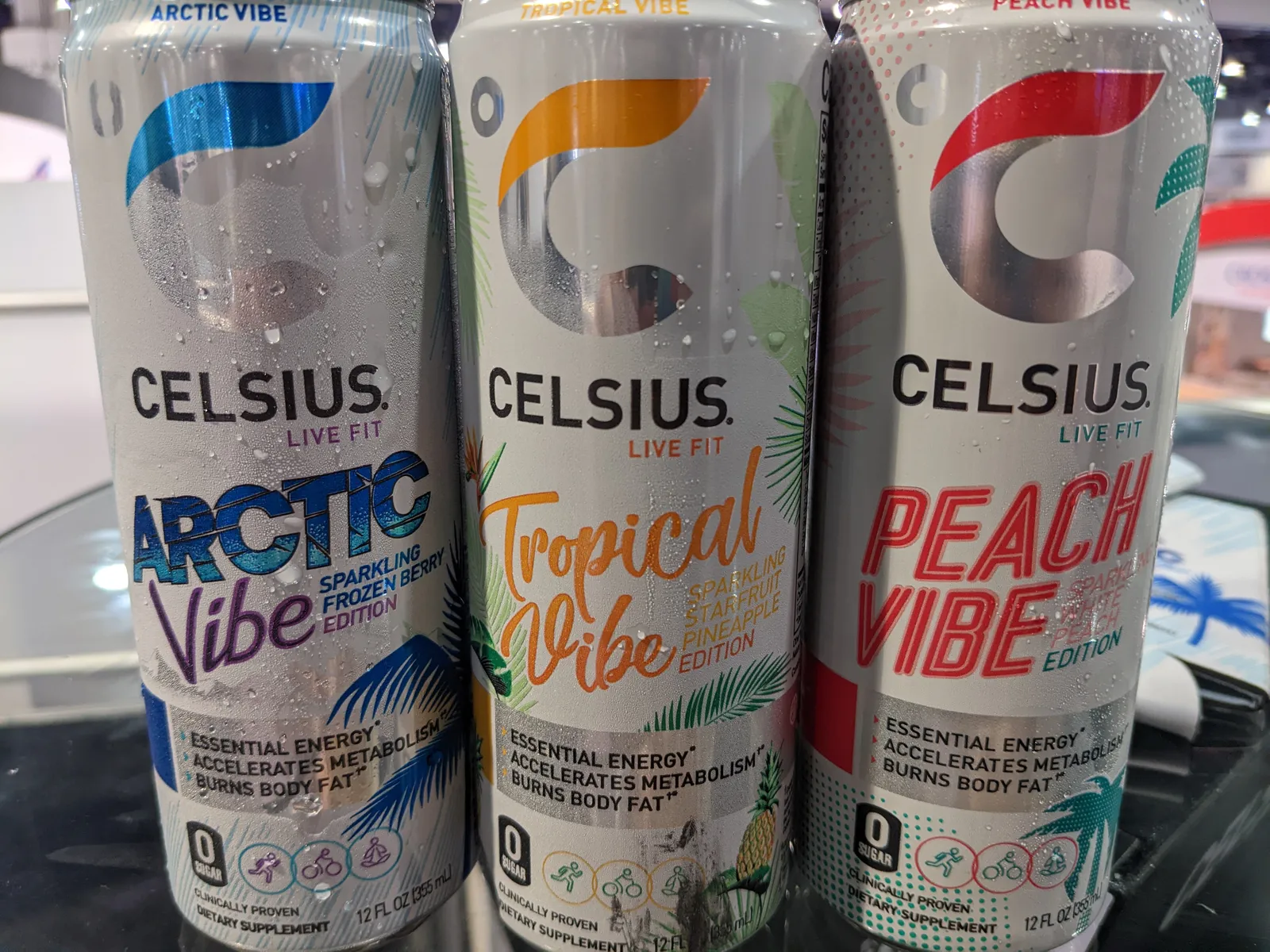
Smaller brands like Celsius, GHOST lead the way
Convenience store owners have particularly high hopes for certain brands — specifically Celsius, GHOST and Alani Nu, according to the Goldman Sachs report.
Celsius sales have surged nearly 118% in c-stores over the past year, according to Circana, and retailers noticed a hefty 44% growth in Celsius sales in the first quarter — well ahead of the category, according to Goldman Sachs.
Plus, c-store operators expect Celsius sales to grow 40% for the year.
Additionally, 20% of retailers plan to boost non-alcoholic beverage space this year, and Celsius is expected to be the biggest shelf/cooler space winner, Goldman Sachs found. An impressive 81% of retailers surveyed plan to allocate more space to the brand this year, while one retailer said it will boost space for Celsius “significantly”.
C-store operators also said they plan to boost shelf or cooler space for C4 by more than 8% this year — the second-largest shelf and cooler space gainer within the non-alcoholic beverage market.
Although they are smaller brands, retailers remain very optimistic about GHOST Energy & Alani Nu, Goldman Sachs. In particular, GHOST, which was ranked sixth for food and beverages in Circana’s recent 2024 New Product Pacesetters report, has made grassroots efforts to reach consumers, aligns with “feel good energy” beverages, and has tapped into flavors that appeal to consumers, according to Lyons Wyatt.
Conversely, longtime energy drink brand Red Bull was expected to lose the most shelf and cooler space this spring, according to Goldman Sachs, with Monster, Bang and Rockstar also continuing to struggle.
C-stores are set up to power through price increases
The majority of c-store operators expect beverage manufacturers to implement further price increases this year, per Goldman Sachs, though that’s down from the 100% who expected price hikes in Q4 2023. Of the retailers who expect price increase, 29% say they will be “significant.”
The same percentage said they expect Monster to raise prices significantly this year.
“We too believe the energy drink category has the right to price and fully expect Monster to follow,” the Goldman Sachs report said.
While energy drink prices have continued to rise over the past year and consumers are feeling economic pressures that have outpaced wage growth, Lyons Wyatt believes consumers will continue to buy energy drinks in c-stores.
“One of the big shifts is consumers shifting out of certain channels to convenience and dollar stores,” she said. And, while c-stores are not a typical “value” channel, they represent a value in energy drinks because financially strapped consumers know they can choose a single-serve or sharing size, rather than having to buy a multipack.
“For a consumer that is strapped for cash, being able to buy one drink or one snack has helped,” Lyons Wyatt noted.
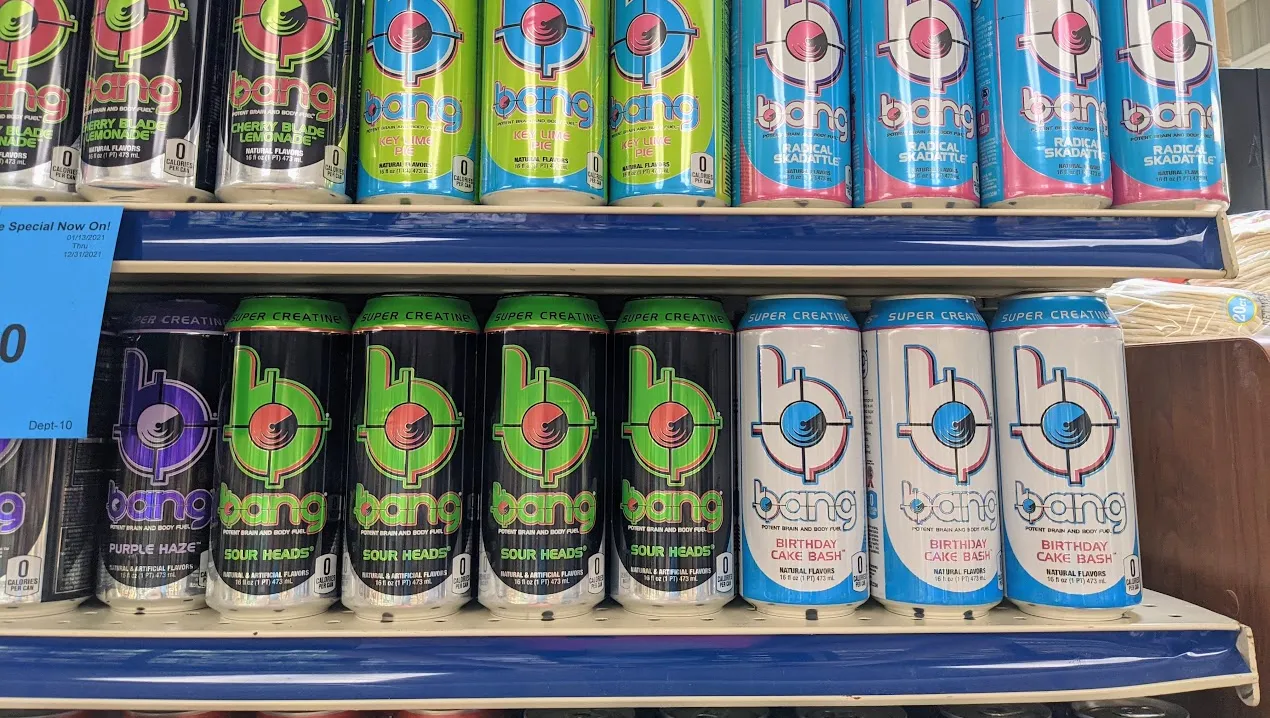
Creativity with promotions is vital
To combat consumer hesitance due to higher gas, food and beverage prices and overall cost of living hikes, c-store operators will need to continue to focus on offering value in the energy drinks category, experts say. One c-store operator in the Goldman Sachs survey said that aggressive promotional and loyalty activity are important to keep traffic flowing.
“When you see higher gas prices, you need a way to attract customers,” Lyons Wyatt said. ”You could offer energy drinks as a hook, a way to draw people in.”
For example, operators could bundle energy drinks with a snack, she suggested.
C-stores need to “test and learn” to see what works for each brand and even in each store, in some cases, because what resonates with consumers in one region may not work for another area, Lyons Wyatt said.
“Availability, accessibility and affordability [are consumers’] three key drivers,” she noted. “If they can hit all three, they will do well.”
About 75% of retailers expect that manufacturers will have to increase promotions rather than relying on push-through incremental pricing to prevent volume erosion, according to the survey. Energy drink promotions have not picked up yet this year, and the outlook is “gloomy” unless manufacturers do so, one retailer said.
Retailers in the survey only noted increased promotional activity by Congo Brands, the parent company of PRIME and Alani Nu.
Functional and low-sugar claims win
Energy drinks are already top beverages with “functional” ingredients thanks to their caffeine, but those with no- or low-sugar claims also are performing very well, according to Lyons Wyatt. These beverages are growing by 22% in dollar sales and 19% in unit sales, for the 52 weeks ending May 19 for multi-outlet stores, including convenience stores.
Consumers increasingly sought functional benefits across the store in 2023, according to Circana’s 2024 New Product Pacesetters report. It noted the interest came from a combination of increased inflation, meaning customers want their purchases to do more for them, and a growing focus on personal well-being.
“The trend was particularly evident in the beverage sector, where products offering enhanced hydration, energy, and nutritional benefits were prominent,” Circana reported. Because of this, it will benefit retailers to have a broad array of options.
“That’s the key, feed the different types of consumers and what they are searching for,” Lyons Wyatt said. “C-stores need to have that variety.”


